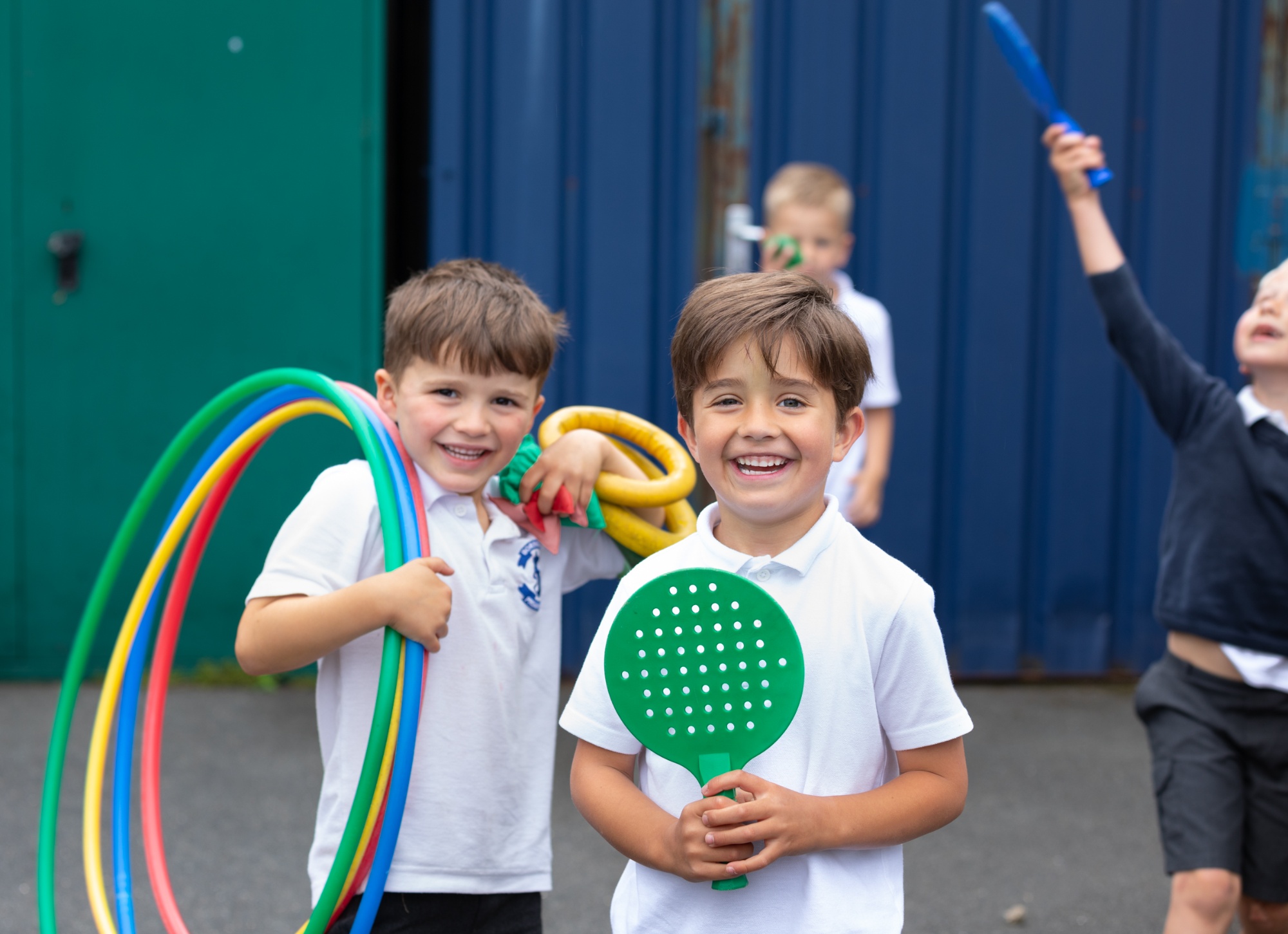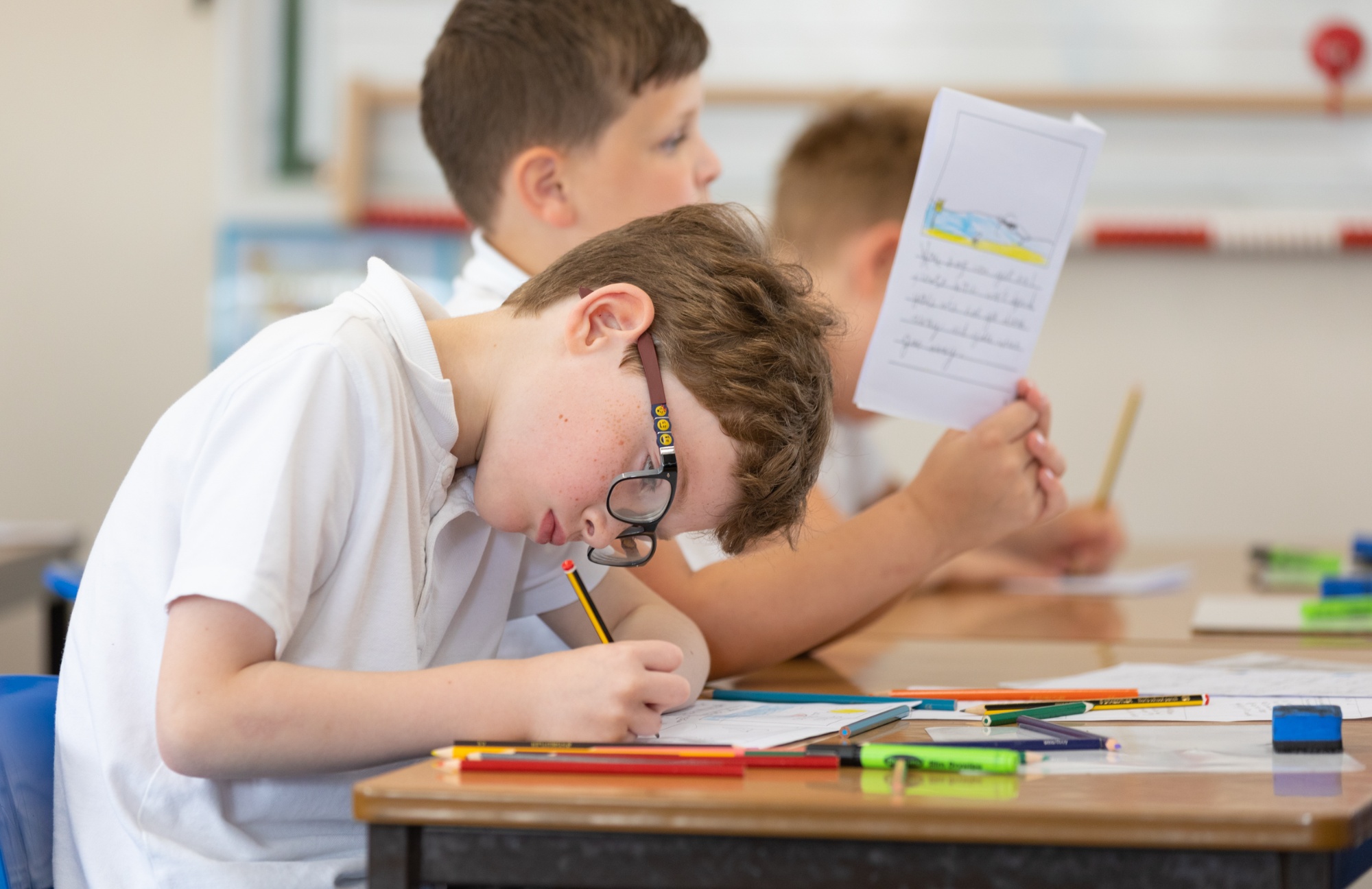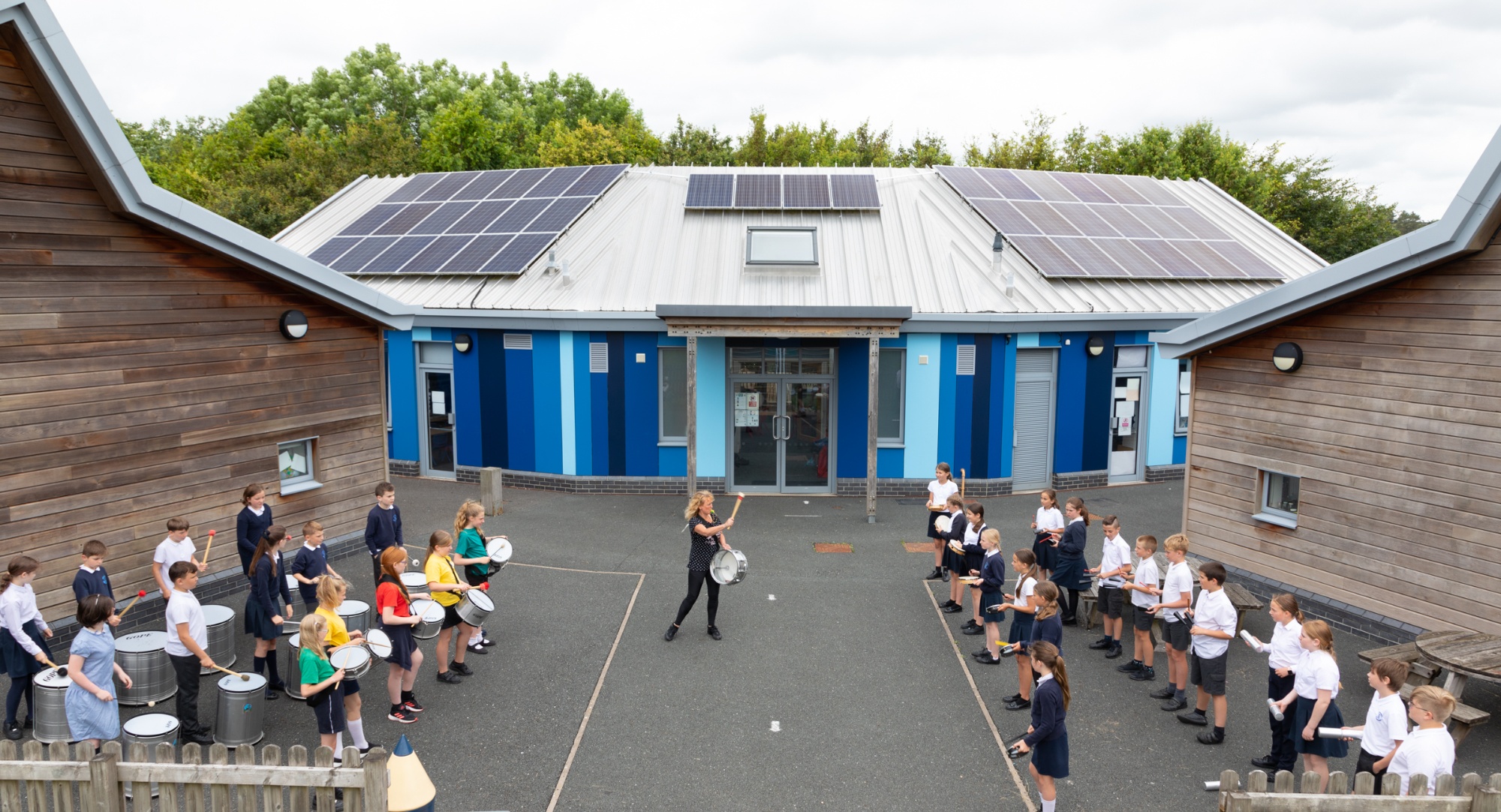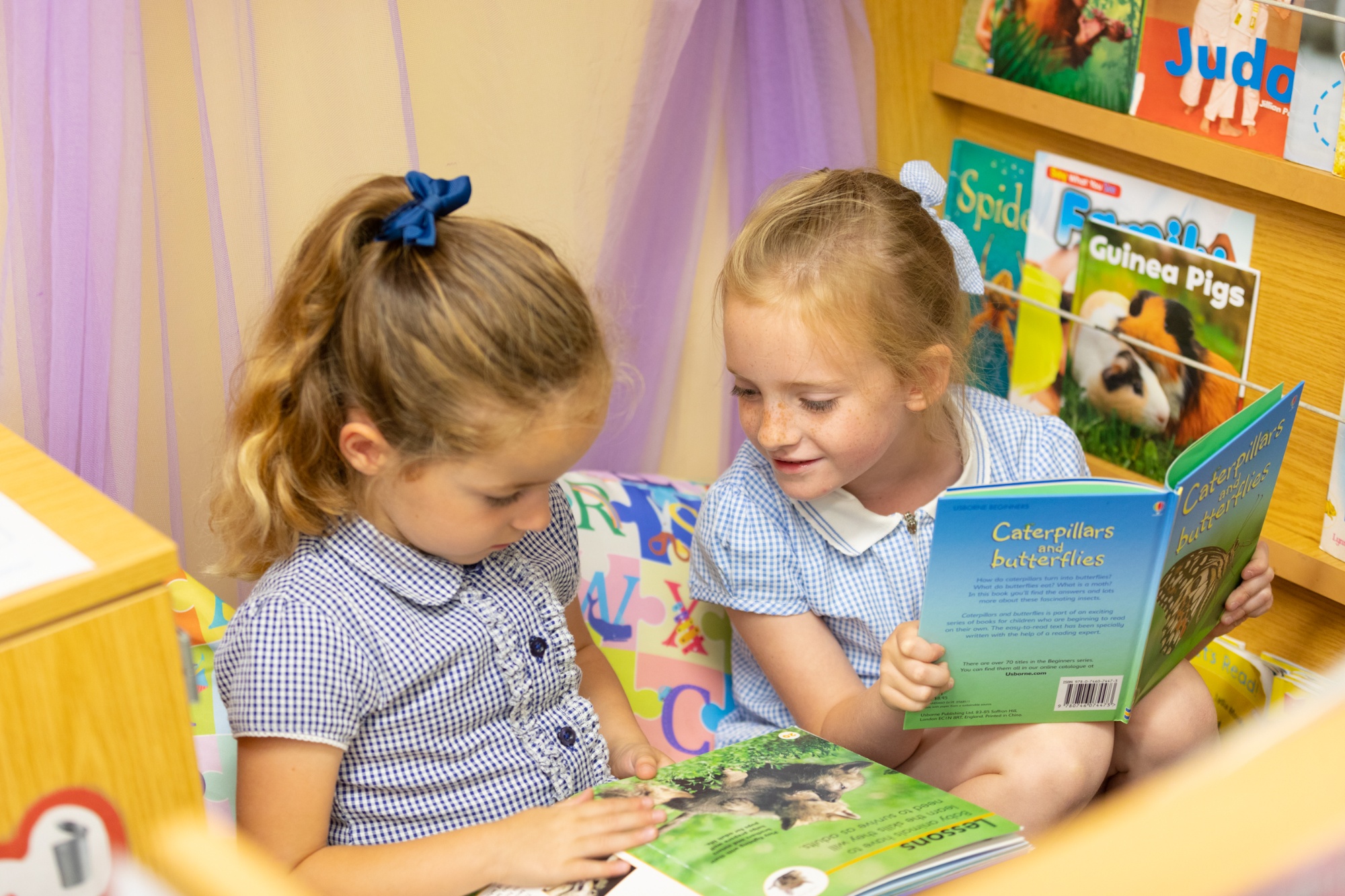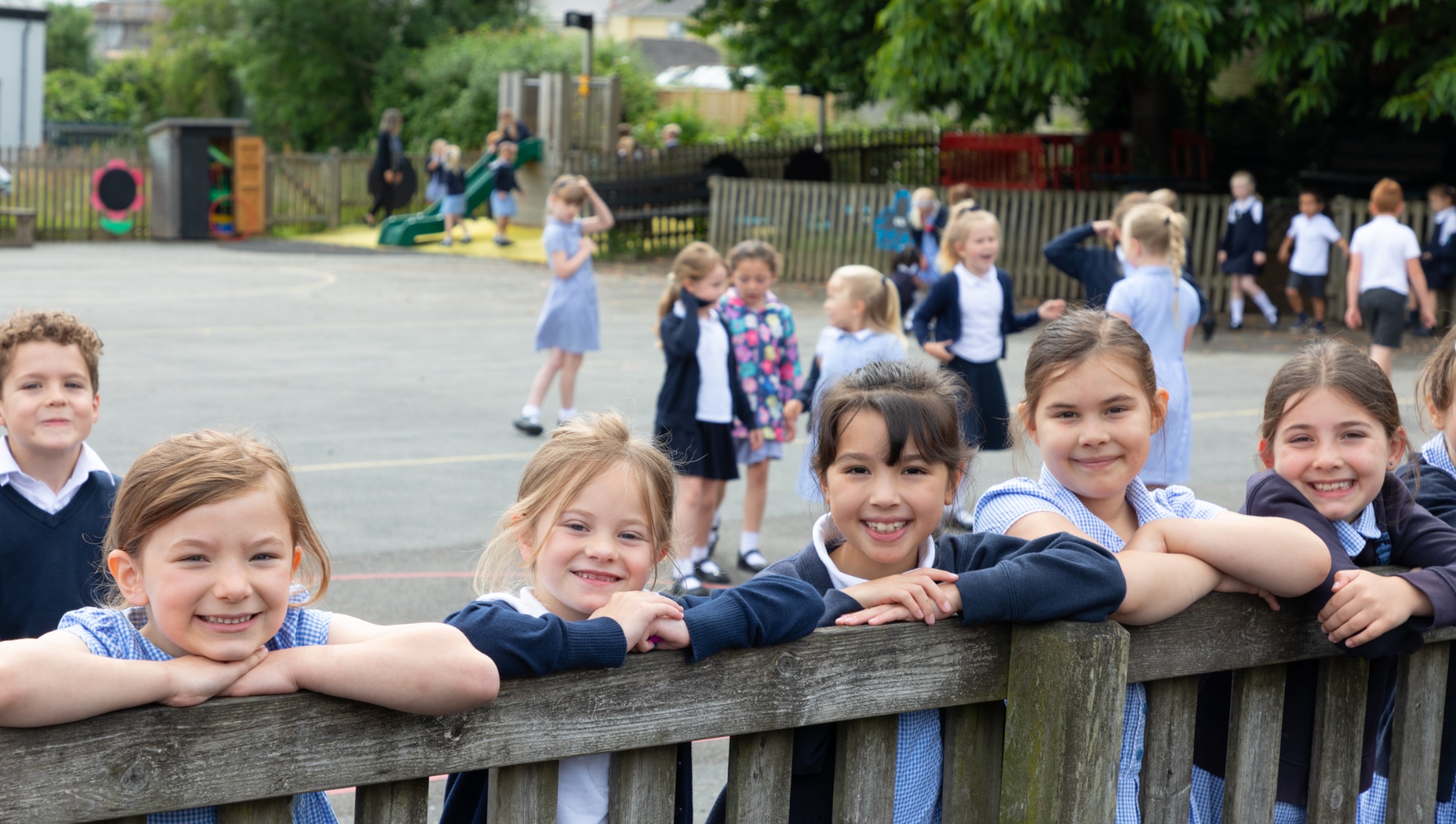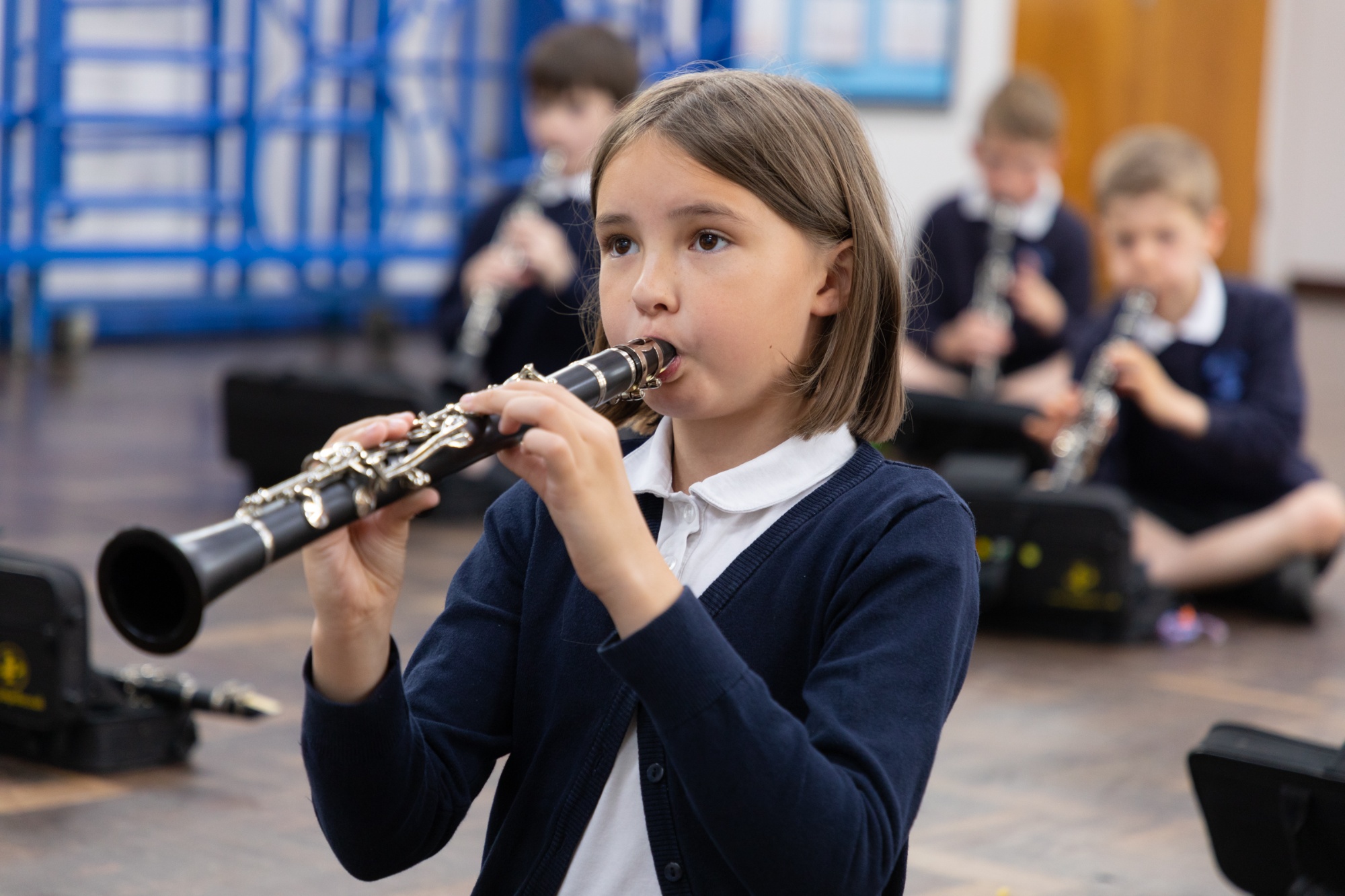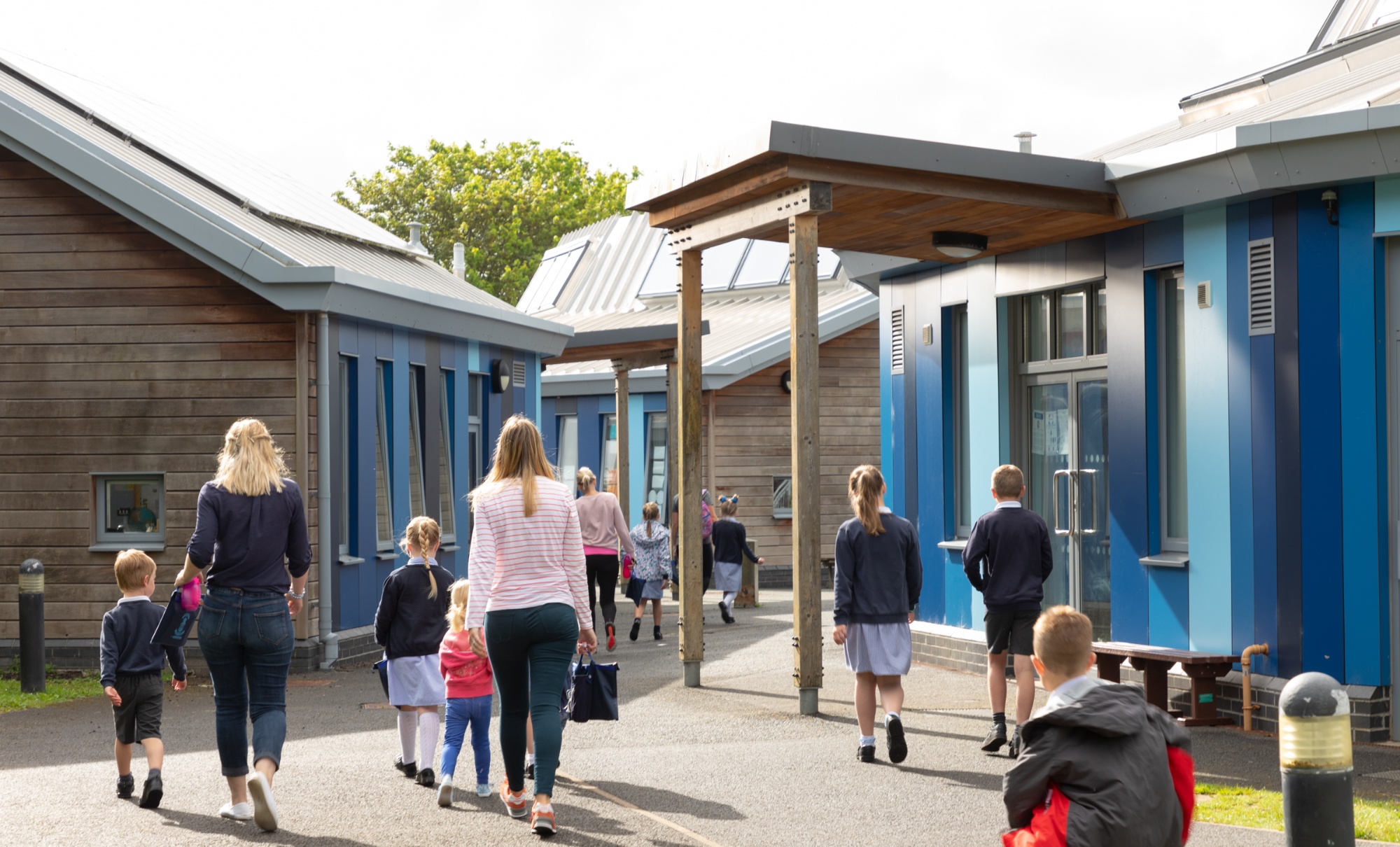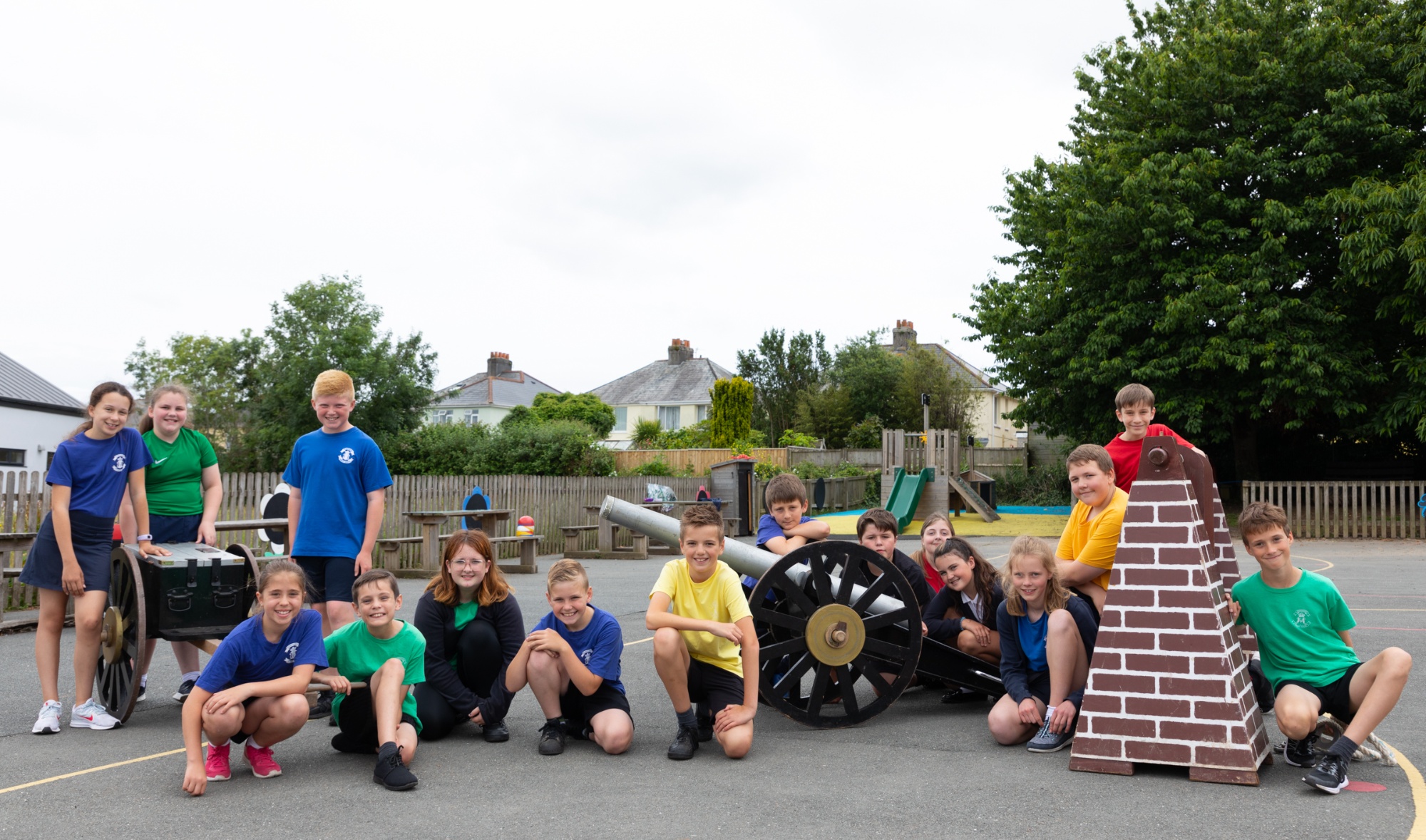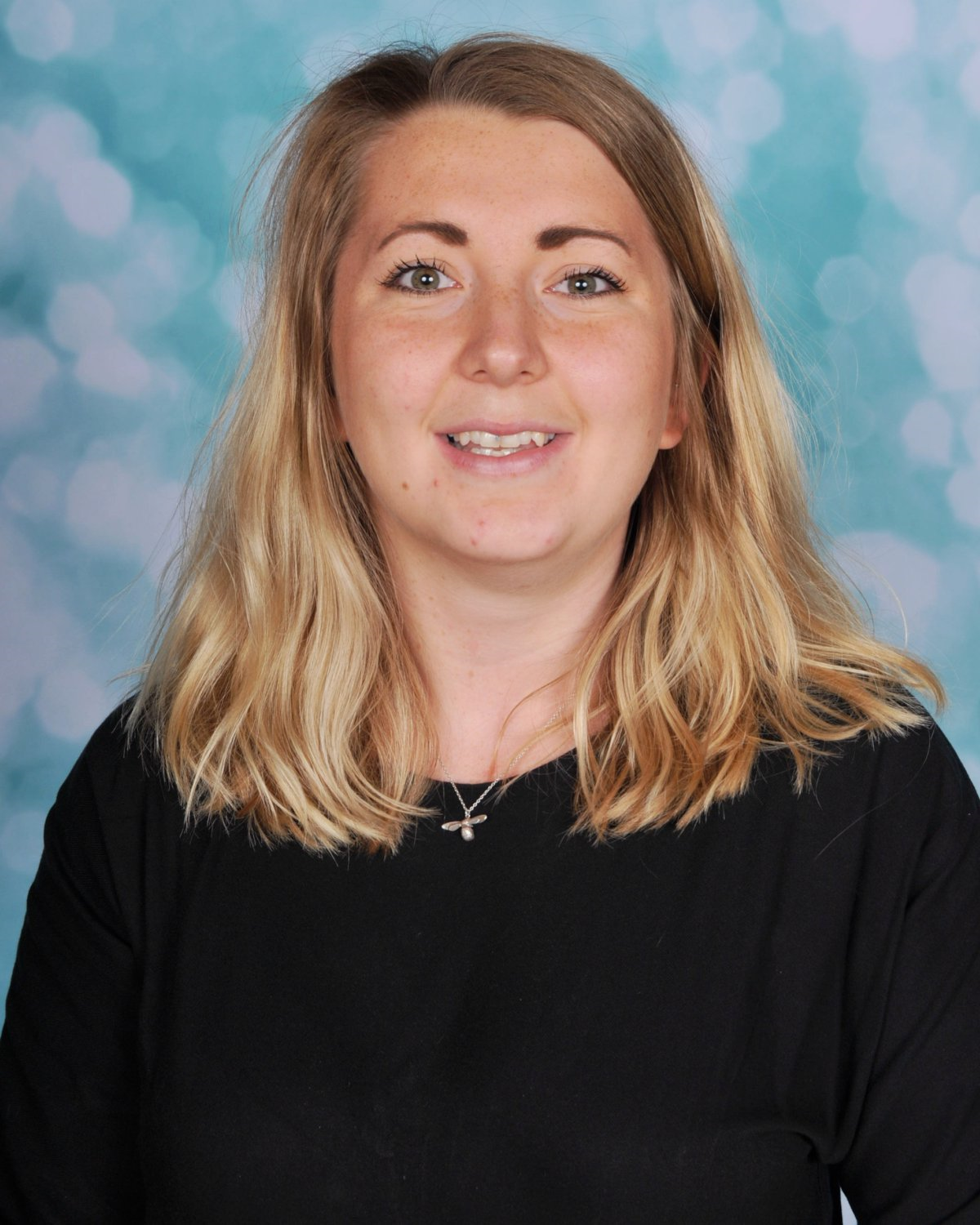Computing
|
|
Computing Subject Lead - Beth Phillips bethphillips@boringdon.plymouth.sch.uk |
|||
|
Intent Our computing curriculum seeks to foster enjoyment in using technology while enhancing pupils’ understanding of its capabilities and the opportunities it presents for creation, management, organisation, and collaboration. The curriculum emphasises 'tinkering' with software and programs to build pupils’ confidence in engaging with new technologies, a crucial skill in our rapidly evolving tech landscape. Our goal is for students not only to be digitally proficient and possess transferable skills relevant to future workplaces but also to be responsible digital citizens. The curriculum enables students to achieve the key stage attainment targets set out in the National Curriculum, aligning with its objectives. The computing curriculum, supported by the PSHE Jigsaw curriculum and the Boringdon Primary School online safety mantra ensures that pupils understand appropriate online behaviour, copyright issues, discerning online information, and using technology healthily. Implementation Our curriculum ensures that we follow, and meet three core strands:
Our National Curriculum mapping document illustrates how each of our units aligns with national curriculum attainment targets and these three strands. Our Progression of Skills outlines the specific skills taught at each year level, demonstrating how these skills evolve over time to ensure that all attainment targets are met by the end of each key stage, and that we consolidate and build upon prior learning. Our computing curriculum is structured around five key areas, providing a cyclical framework for pupils to enhance their computing knowledge and skills through revisiting and building on previous learning: |
||||
 |
||||
|
We identify other aspects of our computing curriculum that align with our skills. These are implemented throughout the curriculum. |
||||
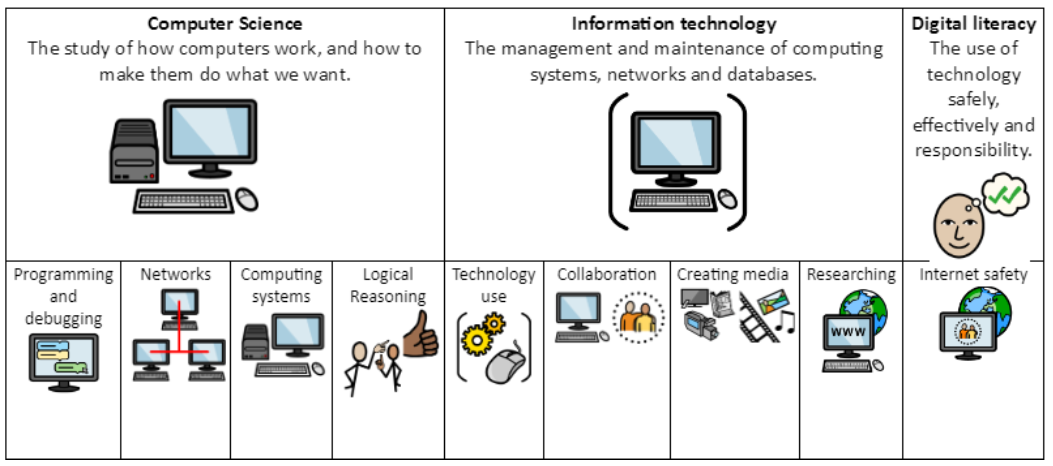 |
||||
|
The implementation of our computing curriculum guarantees comprehensive coverage of the National Curriculum requirements, while our 'Skills Showcase' units allow pupils to learn and apply transferable skills. Lessons incorporate a variety of teaching methods, including independent tasks, paired and group work, as well as unplugged and digital activities, ensuring engagement for diverse learning styles. To ensure that all learners are supported to meet the curriculum objectives, Kapow offers differentiated guidance for each lesson to make them accessible to all students, with opportunities for extending learning when appropriate. Strong subject knowledge is essential for staff to effectively deliver a robust computing curriculum. Each lesson unit includes teacher videos to enhance subject understanding and support ongoing professional development (CPD). Additional CPD opportunities are available through webinars with our Computing subject specialists. To further stress the importance of online safety, we have a school online safety mantra. The school mantra is used within online safety lessons and assemblies. To engage the pupils further, Boringdon Primary School hosts several online safety competitions using the school mantra. All staff at school embed the importance of discussing concerns with trusted adults, and seeking guidance should pupils have a concern. |
||||
|
|
||||
|
Impact The impact of Kapow Primary's scheme is consistently monitored through formative and summative assessments. Each lesson includes guidance to assist teachers in evaluating students against the learning objectives, and each unit features a quiz as a summative assessment, and knowledge catcher to be used throughout the unit. Upon completing the Kapow Primary Computing curriculum, pupils will be equipped with a variety of skills to thrive in secondary education and engage actively in an increasingly digital world. |
||||
|
The expected outcomes of following the Kapow Primary Computing curriculum include:
|
||||

